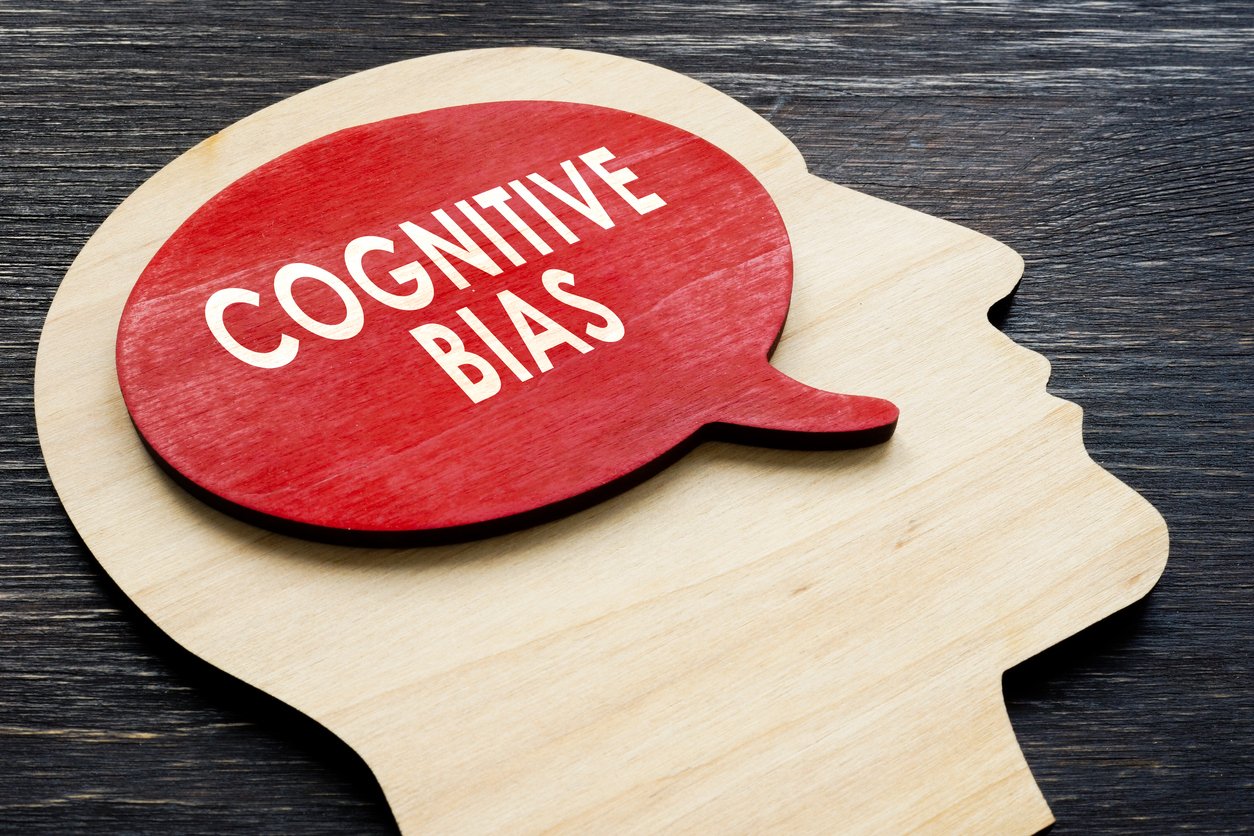Tom Overmans receives Veni grant for research into the budgeting behaviour municipal politicians

In the coming years, Tom Overmans from Utrecht University will investigate how municipal politicians can make better financial decisions. The Dutch Research Council (NWO) awarded him a prestigious Veni grant of 280,000 euros. In the project "Budget Decision Accuracy: Analyzing and Advancing Decision-Making in Public Budgeting", Overmans studies how cognitive errors determine the behaviour of politicians when they allocate tax money.
Politicians sometimes make inimitable financial decisions. They spend more when policy proposals are presented in percentages rather than absolute numbers. They prefer many small taxes to one large levy, even when that is unfavourable. Typically, such inaccurate decisions are attributed to collective factors, such as the need to compromise. According to Overmans, little attention has been paid to the micro aspects of public budgeting. This is problematic because we know from psychology and behavioural economics that thought processing errors unconsciously influence the choices of individuals.
Budget allocation will always involve compromises and inaccurate decisions. Still, I think we should limit the impact of unconscious fallacies at all costs.

Microlevel perspective on budgeting
How biases manifest themselves in public budgeting in not yet clear; clarifying that is one of the aims of this research. For example, based upon research in the private sector, Overmans expects that politicians are more likely to invest in a policy proposal if they know that others will invest in it too (herding), that they spend more on proposals with higher starting amounts (anchoring) or that they prefer the austerity proposals of well-known consultancies over anonymous ideas (representativeness). Overmans uses experimental research to examine the influence of such biases on the individual budgeting behaviour of councilors and aldermen. He looks at individual judgments prior to collective decision-making. In so-called living labs, he will design experiments that correspond to the local context in close collaboration with practitioners.
Debiasing
A second aim of the project is to discover how biases can be mitigated. Reducing cognitive error is important. It is undesirable when politicians base their spending not on contemporary priorities, but on existing allocations in last year’s budget. It is undesirable when politicians from the same party judge the same proposal differently. That is irrational for voters and raises the suspicion of arbitrariness. That is why Overmans is investigating three ways to improve municipal budgeting. Via short knowledge clips, in which he tells councilors and aldermen about the existence and influence of biases. Via choice architecture, in which he examines whether civil servants can prevent errors with other forms of proposals. And via an easy-to-remember mnemonic, that should facilitate complex budget decision-making.
The project starts in September 2022 and will last three years. The intended results will enrich the scientific debate with alternative explanations for inaccurate financial decisions and debiasing possibilities. Insight into the behaviour of individual politicians also lays a foundation for hands-on recommendations to improve municipal financial decision-making.
More information
Would you like to know more about this project? Please contact Tom Overmans: j.f.a.overmans@uu.nl.

